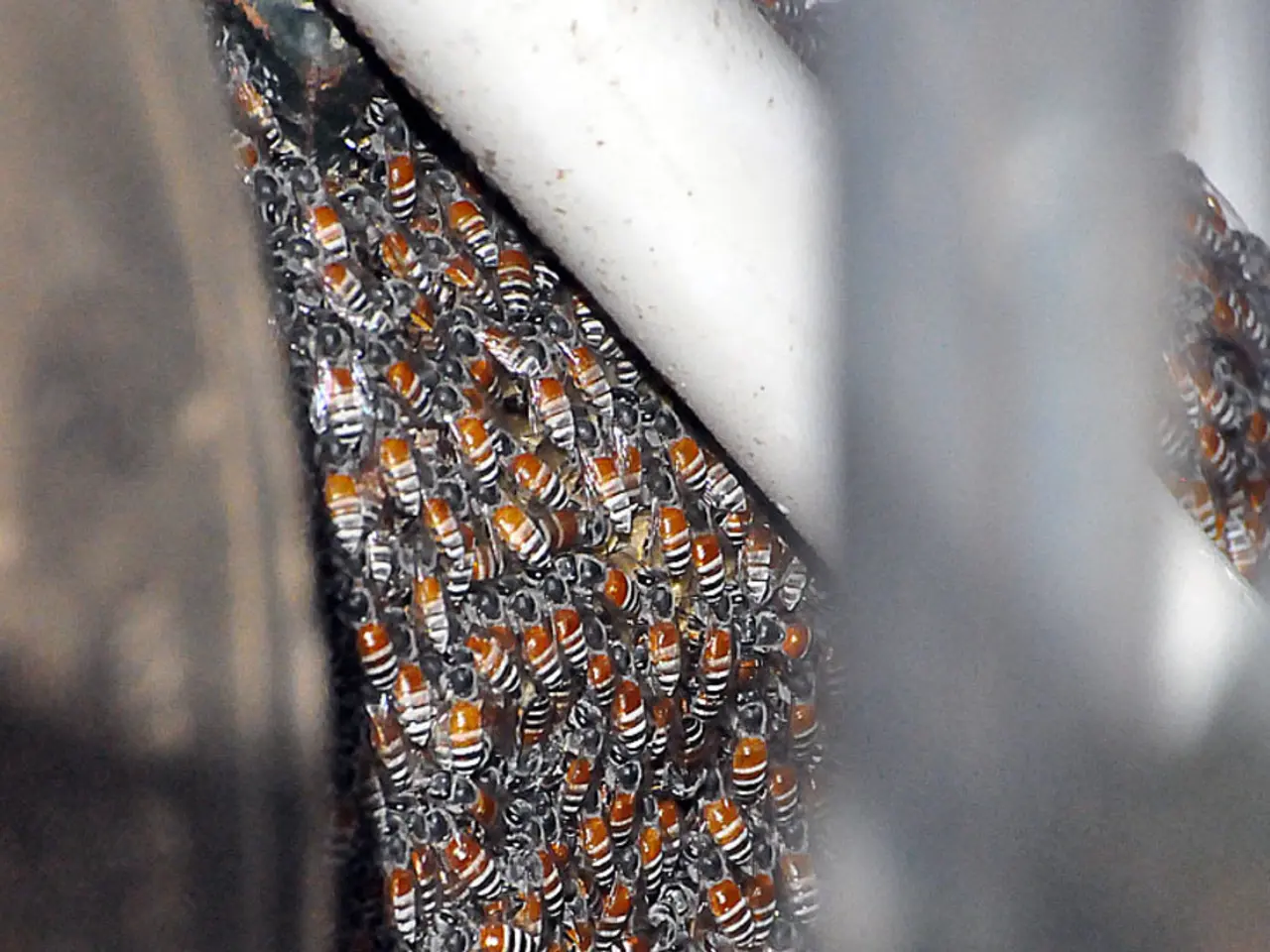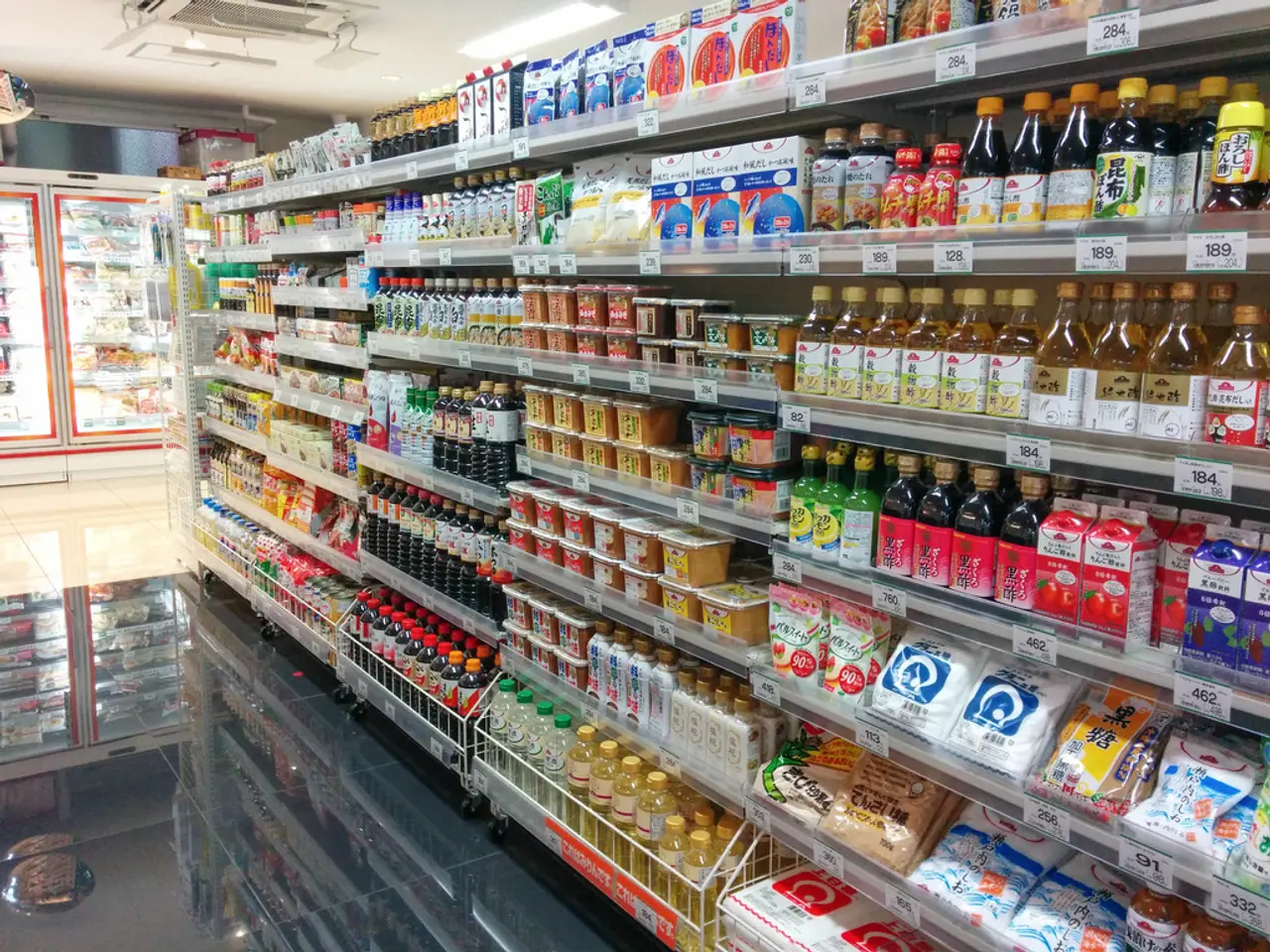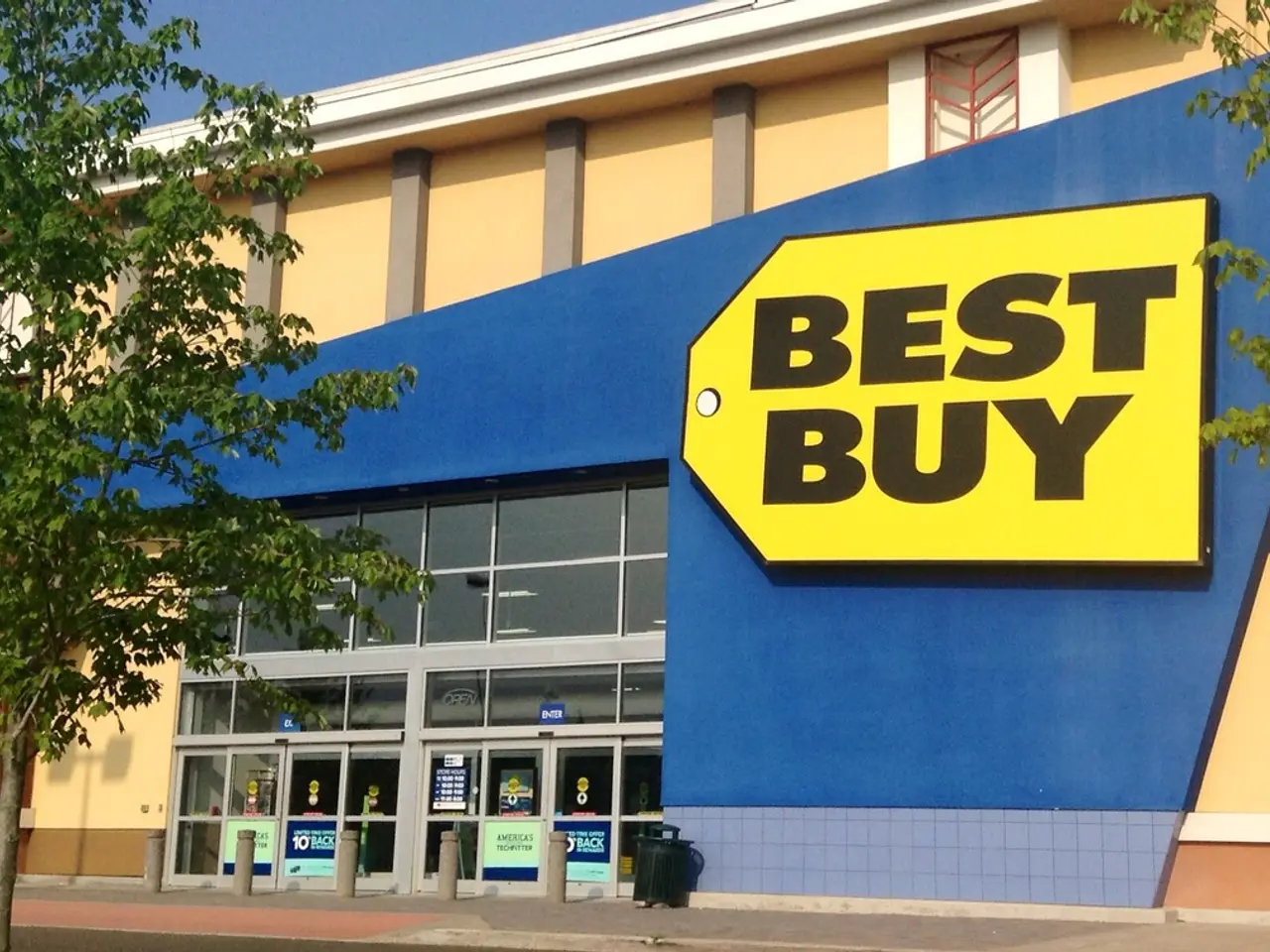EU-Wide Counterfeit Honey Causes Concern Among Latvian Beekeepers
In a recent development, the Plant Products Division of the PVD (PVD) in Latvia has suspended the sale of five honey products due to the detection of foreign sugars in the samples by a special laboratory in Austria. The PVD, along with the head of the Latvian Beekeeping Society, Valters Brusbārdis, has raised concerns about the authenticity of honey imports, particularly from China, and its impact on local beekeepers.
Brusbārdis stated that honey is hard to sell to the export market and imported honey prices can be up to twice as low, leading to significant losses for beekeepers. He also claimed that the problem of unnatural honey imports is EU-wide, with Europe facing an influx of cheaper, potentially adulterated honey.
The PVD, led by Maris Eiklons, Head of the Plant Products Division, asserted that the tampered honey is not harmful to human health, but further investigation is necessary. Eiklons also suggested that the honey may have been tampered with and cheaper sugars may have been added to reduce the cost of honey production.
Rimi Latvia, a major retail chain in Latvia, confirmed that both suppliers and retail chains test the honey on their shelves. Inga Bite, public relations manager at Rimi Latvia, stated that their random checks on products in stores and tests conducted in properly certified laboratories have revealed no tampering. Bite also emphasized that they request laboratory tests from their honey suppliers to ensure product authenticity.
The suspension of the five honey products is not the first instance of concerns over honey authenticity in Europe. The broader context on honey markets and imports highlights challenges linked to honey authenticity and adulteration, which have been a concern particularly in Europe and North America. These issues affect perceptions and market stability, often relating to cheaper imports including from countries like China.
The EU imports large quantities of honey from third countries, particularly from China, which is problematic according to Brusbārdis. To counter this, the European Union has increased support for local apiculture via the Common Agricultural Policy, raising funding from EUR 40 million in 2019 to EUR 60 million annually since 2021. The EU also launched the Honey Platform in June 2024, aiming to enhance industry support through improved authenticity controls and market development initiatives.
Local beekeepers face environmental challenges alongside market competition from imports, making government support critical. The current state of honey imports in Europe is characterized by significant volumes, with Europe dominating about 48% of the global certified organic honey imports, valued at approximately EUR 986 million as of 2025.
The PVD will continue to investigate the withdrawn honey, including determining who purchased it and its origin. The investigation serves as a reminder of the ongoing efforts to ensure the authenticity and quality of honey imports in Europe, particularly in light of the competitive pressures and concerns over adulteration.
- The European Union has been grappling with the problem of adulterated honey, as imported honey prices are reportedly twice as low by Valters Brusbārdis, head of the Latvian Beekeeping Society, leading to significant losses for local beekeepers.
- Maris Eiklons, Head of the Plant Products Division in Latvia, stated that further investigation is necessary to determine if the tampered honey is harmful to human health, and suggested that cheaper sugars may have been added to reduce the cost of honey production.
- Inga Bite, public relations manager at Rimi Latvia, affirmed that both suppliers and retail chains test the honey on their shelves, and have found no tampering in their random checks on products in stores and tests conducted in properly certified laboratories.
- To counter the issue of large honey imports from third countries, particularly from China, the European Union has increased support for local apiculture via the Common Agricultural Policy, raising funding from EUR 40 million in 2019 to EUR 60 million annually since 2021, and launched the Honey Platform in June 2024, aiming to enhance industry support through improved authenticity controls and market development initiatives.




